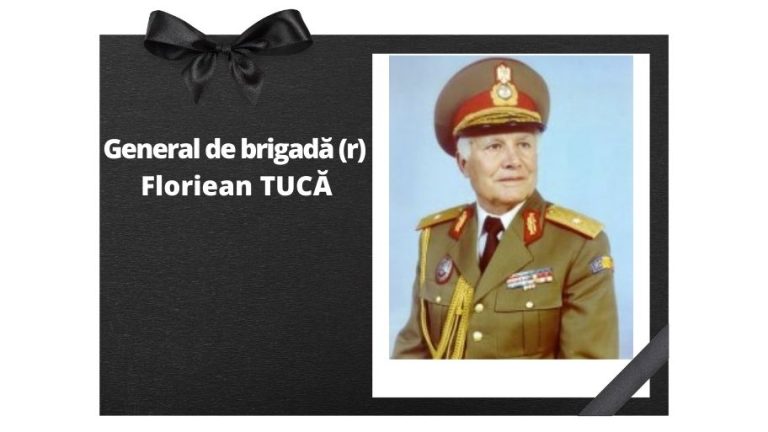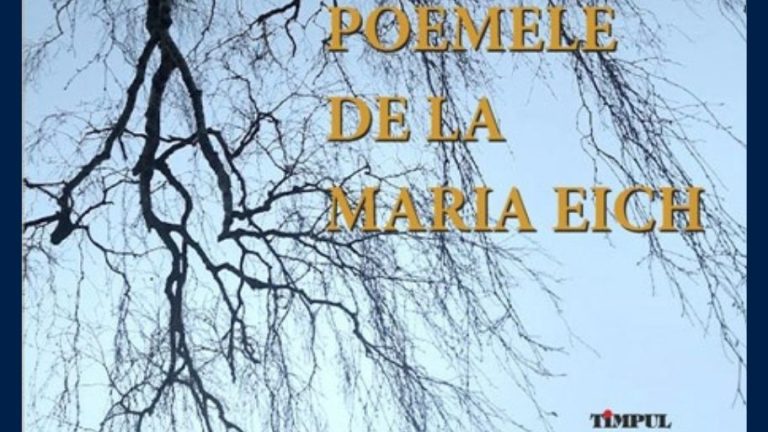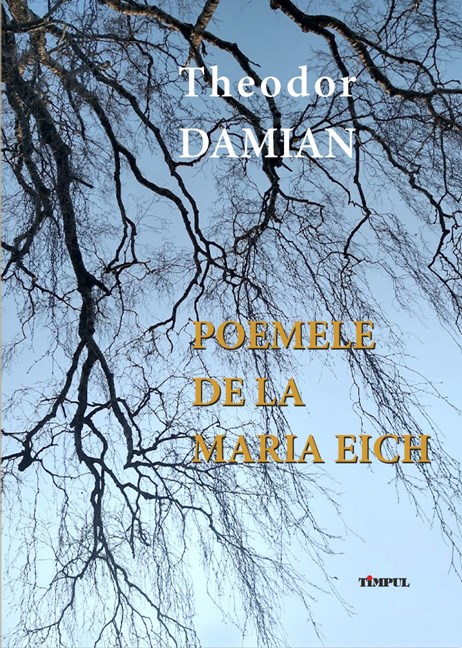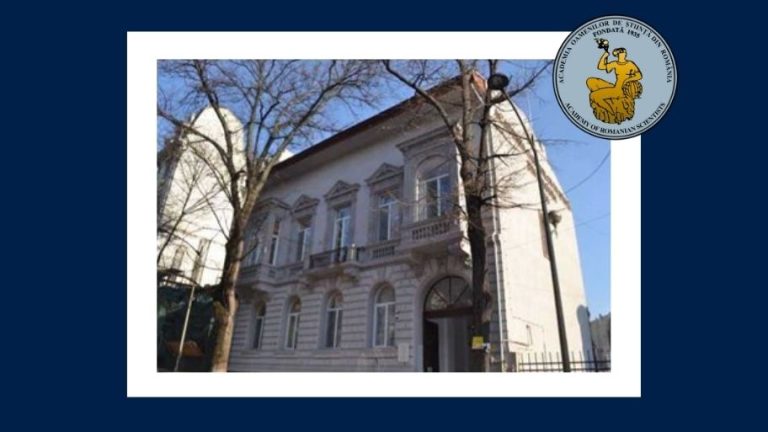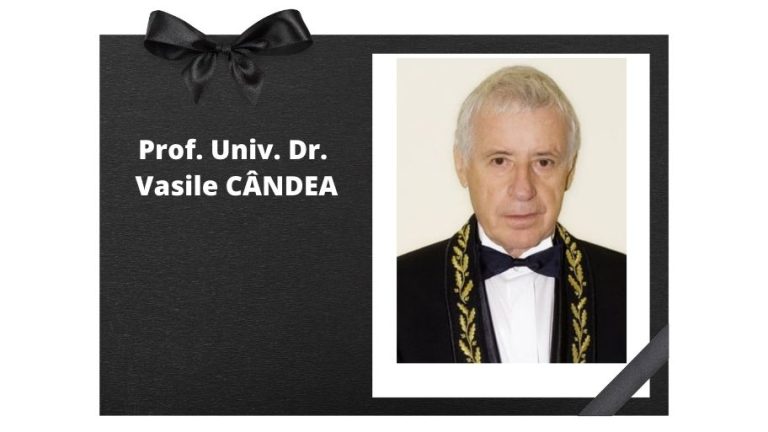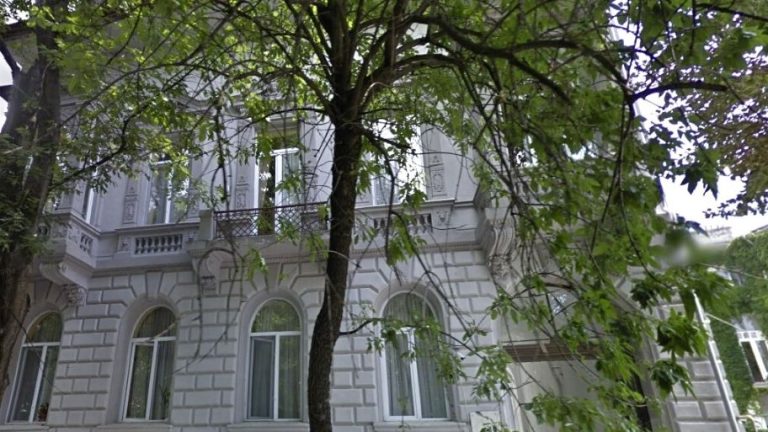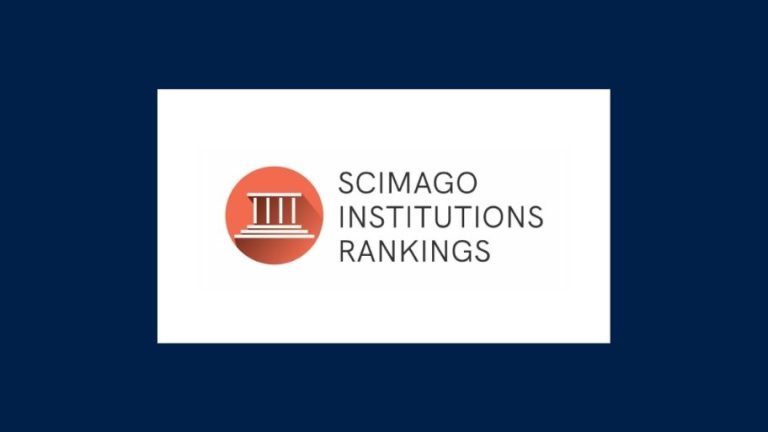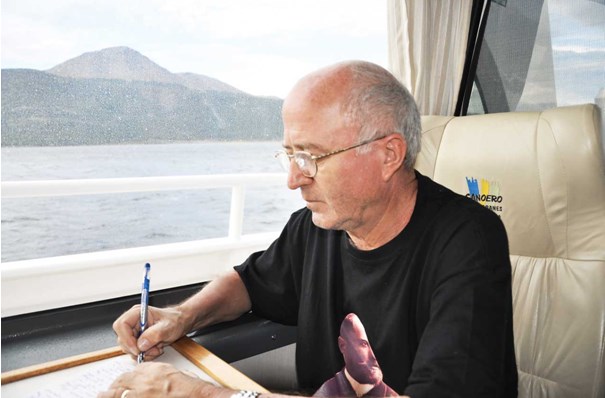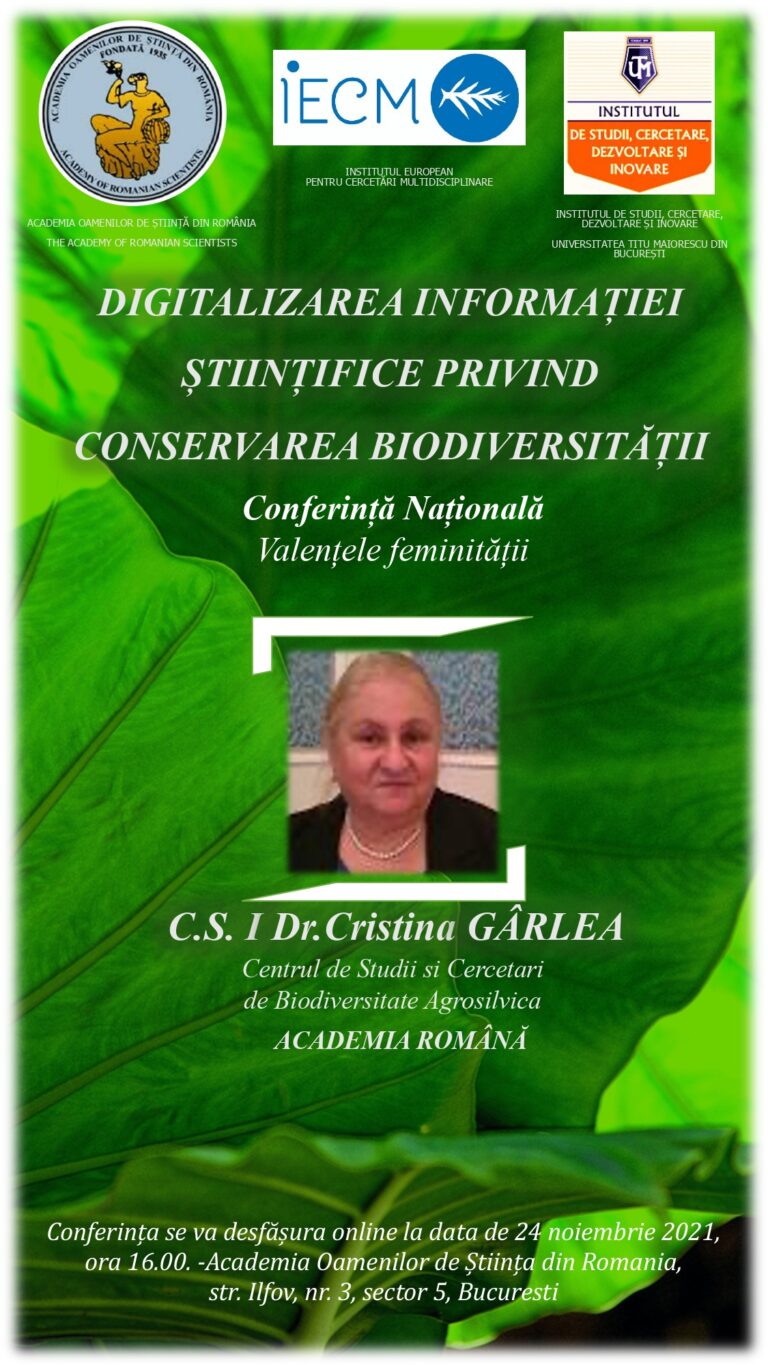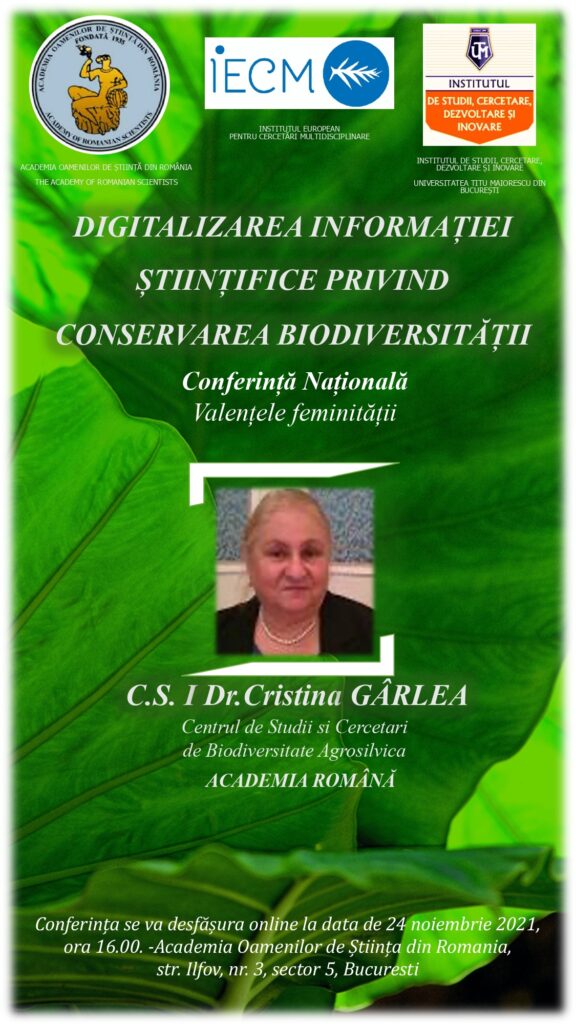by
Sorin Ivan
The teacher always keeps his mission
Dear Professor, from the perspective of a decades-long teaching career and a substantial teaching experience, how important is the teacher in the act of education?
Silviu Neguț: I will answer indirectly, recalling an incident: the greatest Romanian geographer, Simion Mehedinți, a world-class geographer, had published a new Geography textbook and another geographer, a friend, Gheorghe Arghirescu, at that time pro-rector of the Academy of Higher Commercial and Industrial Studies (today’s Academy of Economic Studies), congratulated him saying “with your book, the student has almost no need of a teacher”. To which the great teacher and pedagogue replied that he was wrong: “No book can replace the good teacher”. A few years ago I read a survey conducted among students and teachers by Dilema magazine on the topic What does the ideal teacher look like? A kind of puzzle emerged, with many components, attributes (“be human, be a friend”, “make you like the material”, “don’t offend”, etc., etc.). But I have retained perhaps the most concise and relevant definition, given by a student at the time, Bianca Oprișan (has she become a teacher in the meantime?): “The world is a kind of labyrinth in which teachers are our guides”.
In fact, although education must be student-centred, as is stubbornly repeated but rarely applied and made explicit, the teacher retains his or her traditional mission, that of more or less discreet conductor of the true orchestra that is the educational process. In fact, one of the things brought to light by the current pandemic – which has already exceeded two years of harsh manifestation (not being transient, as has sometimes been said or speculated) – is precisely the attenuation of the presence and manifestation of the presence of the guide and conductor I mentioned before.
Romanian teachers’ salaries are not at all compatible with ensuring a decent living
The chair is no longer attractive to many graduates. The teaching profession is increasingly in a shadow because of unsatisfactory pay conditions. Romanian education is thus facing a serious shortage of qualified teachers. One can even talk about a crisis in the teaching profession… How do you see this situation? What are its effects? What to do?
Silviu Neguț: The situations revealed are mainly the result of the official neglect of education, with the government relying too much on the lack of reaction of the children and, as a result, concentrating on the most belligerent sectors, those that could disturb the social peace. It is obvious that the salaries of Romanian teachers (I say “teachers”, including teachers, pedagogues, educators, instructors, etc.) are not at all compatible with ensuring a decent, not to say comfortable, living. It is not by chance that, more jokingly than seriously, I have said on various occasions to teachers that their salary “is a small attention from the Ministry of Education”. As a result, many teachers, especially those with a degree that allows them to take up posts in other fields of work, with much higher pay than teaching, have done so. However, the phenomenon has also manifested itself among those who, in a certain way, can find it somewhat harder to find a better-paid job than in education, by shirking their social position (taking up jobs, especially abroad, in positions that have nothing to do with their intellectual training).
The consequences of such a state of affairs are already visible, but are likely to become more pronounced in the near future. On the other hand, there is another phenomenon to consider. Some, and not a few, have “become” teachers by underestimating the standard required, believing it to be an easy job and, in practice, have not and do not meet the requirements, giving up voluntarily or forced by the situation. They miscalculated. The job of a teacher, while enjoyable and rewarding, is actually very hard if you don’t have a natural inclination and willingness to do it.
It is difficult to answer the question “what to do?” telegraphically. First of all, obviously, ensuring a satisfactory salary level, which would stop the haemorrhage of teachers and allow the application of a necessary and effective site in sifting out the truly prepared and dedicated. Perhaps, why not, also by offering incentives of various kinds: banking (e.g. loans with lower interest rates), social (additional salary increments on reaching 10, 15, 20, 25 years’ teaching seniority; holiday bonuses, reduced hours, etc.).
Romanian education struggles helplessly in the amalgam of bottomless reforms
According to official data, Romania ranks first in Europe in functional illiteracy among pupils, a sad record that adds to others. Why is this happening? What solutions could combat this situation?
Silviu Neguț: Unfortunately, functional illiteracy is a reality, even if it is not as high (over 50%) as the surveys indicate. To a certain extent, it is a natural consequence of the degeneration of Romanian education, which is struggling helplessly in the amalgam of bottomless reforms. What demands to have from a ministry that has changed about 30 ministers in as many years, some of them catastrophic, but also some who perhaps had good intentions, good projects, but did not have time to manifest themselves. Where are the providential ministers like Titu Maiorescu, Spiru Haret, Simion Mehedinți (who did extraordinary things in only six months in office) or Mircea Malița, the last one under the communist dictatorship?! And, continuing the idea of functional illiteracy, this is primarily the predictable consequence of the high school drop-out rate, with virtually no intervention in this area for more than three decades. It is only now that the National Programme for Dropout Reduction (PNRAS) has been adopted as part of the Early Warning Mechanism in Education (EWM), by awarding grants to a significant number of secondary schools (about 2,500 out of a total of 3,235). This programme will run for three years as part of the well-known National Reform Project “Romania Educated”, with funding from the National Recovery and Resilience Plan (NRRP). Expectations are high, and it is to be hoped that the Programme, properly implemented (among other things, without “transfers” of money to other activities, as has happened in the past), will bear fruit. But we will only see tangible results in a few years’ time. At the same time, I think that local stakeholders (town halls, school inspectorates, schools, etc.) should be mobilised in an exemplary manner, in order to convince parents first and foremost, but also children, of the importance and necessity of schooling.
We must also introduce into the equation another tare of Romanian education: the emphasis placed on informing, and not on forming
Along with functional illiteracy and related to it, there is another phenomenon: the progressive decline of knowledge and culture in school and beyond. A kind of – as they say – scientific and, I might add, cultural illiteracy. Involves elementary notions of science, including geography, and culture. Why this continuous regression? What are the effects and implications of the phenomenon?
Silviu Neguț: There is indeed a causal link between functional illiteracy and another worrying phenomenon: the decrease in the level of knowledge as a whole, which leads to scientific and cultural illiteracy. In this case, however, we have to introduce into the equation another aspect of Romanian education, namely, the emphasis placed on informing rather than training. In contrast to the chaotic accumulation of new information and concepts characteristic of the first process, the second involves the integration of knowledge into a logical and causal system that develops knowledge through the consolidation of already acquired knowledge and the selective and parsimonious addition of new knowledge. Basically, the training process selects, orders and directs new knowledge in such a way that it adds to older knowledge and increases the stock of knowledge which, in turn, makes you understand the world around you more and more, make value judgements about what you have learned or about everything that is going on around you or in your mind, gradually tidying up the baggage of knowledge acquired over time. General culture is made through successive and logical accumulations over a long period of time.
The full interview can be read in the Education Tribune, no. 27 – March 2022


